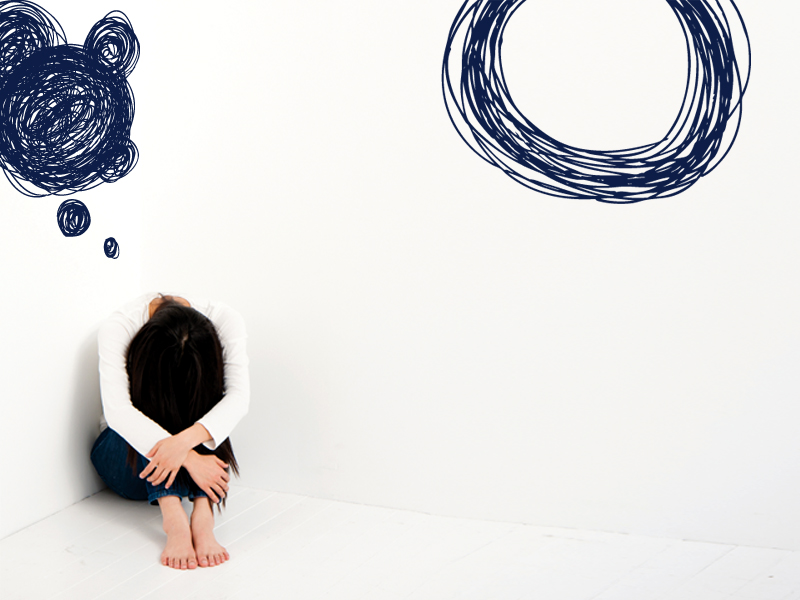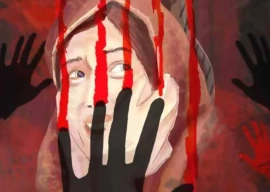
Episodic trauma, violence and disaster-prone environments overwhelm our capacities to cope as extreme states of feelings shatter our sense of invulnerability, began lead speaker Dr Ruth Barron at the South Asian Cities Conference on Sunday.
It was an almost simple note to start on, but the extent of factors involved and their repercussions that were revealed during the session titled ‘Mental Health & the Urban Environment in South Asia’ were appalling.
Dr Barron spoke of psychological trauma individuals and communities face due to these episodes.

“Over the past 30 years, we’ve learnt that disasters and mental health problems have grown,” she stated. “Much has been learnt through the reactions of soldiers at war and upon their return to their homes. It shows how individuals and communities react to stress and trauma. Their abilities to process these events grind to a halt as they become victims of extreme states of feelings.”
According to her, the sense of invulnerability is what keeps us going and interacting, and once that is lost, feelings of anger, disillusionment and stress prevail. However, extreme feelings can vary depending on shock, passivity, confusion, agitation, rage and the intrusion of flashbacks.
“These feelings are normal in terms of an extreme event, but the episode itself is not,” Dr Barron emphasised. “Most people do improve with time while others remain depressed and block normal feelings that are typical of our everyday lives.”
Those affected for longer times included those closest to injury or death; those who are from marginalized groups within society; individuals who have gone through any prior trauma and lastly, those who were not helped quickly enough and were isolated while suffering during the trauma of the event.
The expert also talked about the importance of understanding secondary trauma. “Emergency workers, doctors, nurses and such also absorb trauma and they should be aware of their own vulnerability and have someone to talk to.”
Professor Jennifer Leaning shed light on management of the dead. “They matter as much as survivors do,” she said. “There are survivors who are traumatised by dead people.” This is why it is best to take a Polaroid photo of the dead person’s face for the record and cover them up completely to prevent further trauma to the living survivors.
She added: “Depending on the individual’s culture, the mourning or burial should be in accordance so that the families don’t feel violated and haunted.”
For her part, panellist Saadia Quraishy put the topic in perspective with some statistics. “Health receives 1% of our country’s budget and mental health even less,” she said. This, despite the fact that there are estimated to be about 29 million people who suffer from some sort of mental health disorder.
Published in The Express Tribune, January 13th, 2014.
1731916090-0/sabrina-(3)1731916090-0-405x300.webp)


1732020599-0/BeFunky-collage-(73)1732020599-0-165x106.webp)
1731926127-0/zayn-(1)1731926127-0-165x106.webp)












COMMENTS
Comments are moderated and generally will be posted if they are on-topic and not abusive.
For more information, please see our Comments FAQ